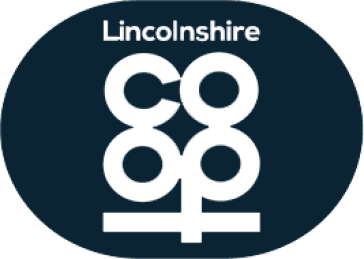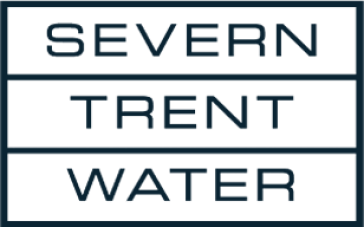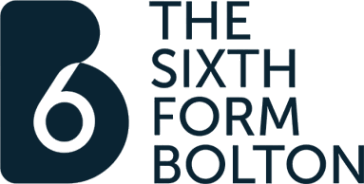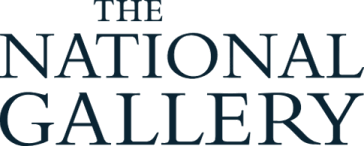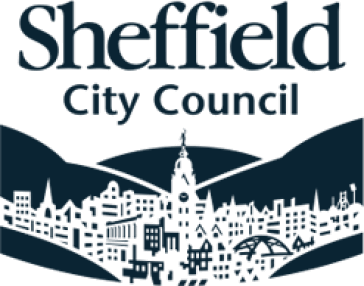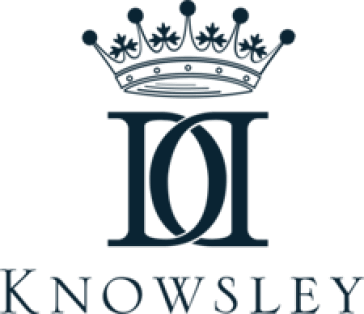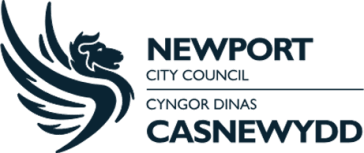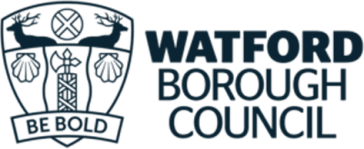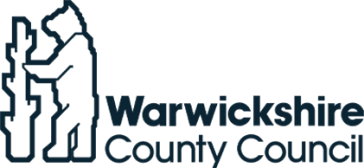What is recruitment?
No matter what industry your organisation falls under, recruitment is one of the most crucial parts of your business plan. It’s the process of attracting, identifying, and retaining the best possible candidate for each vacancy in your business. It’s also about finding where those vacancies are, so your resources are spent in the most effective way possible.
Simply put, it’s a broad and multi-layered practice that is essential for your business’ growth.
This comprehensive guide explains why recruitment is important for a business and give you all the tools you need for a more effective recruitment process.
Why is recruitment important?
Labour markets are volatile, and competition for top talent is incredibly tough right now. Around 72% of organisations attempted to fill permanent vacancies in the last 12 months (a 7% increase). Likewise, 60% of organisations report that talent is proving more difficult to retain than it was even last year.
Recruitment isn’t just about filling vacancies as and when they arise, it’s also about having processes in place to anticipate the long-term needs of the business, creating a more optimised workforce, and ensuring resources are used appropriately.
Following best recruitment practice will ensure you can attract and retain top talent.
Why is your recruitment process important?
Figuring out the nuances of what your organisation’s recruitment process looks like adds a huge amount of value to any business. The main drive around a clear recruitment process it to make sure your candidate experience is consistent. That helps drive results, boosts employee engagement, and enhances your company culture.
Emily Glover, Head of Talent & Resourcing from MHR says, “An organisation is built on its people and its talent. Without a solid understanding of why the recruitment process is important, you’ll struggle to grow sustainably. Effective recruitment means more than hiring the right person for the job.
A fast and efficient recruitment process can reduce business costs, enhance a company’s brand both from a market and candidate perspective and ensure that the very best talent is identified.
Having an efficient process is not just about filling an immediate vacancy but about impacting the long-term success of the business by finding the most suitable candidate which inevitably saved time and money on replacing and training new people.”
Who handles recruitment?
While traditionally you’ll see recruitment in HRM departments, they’re not the only group responsible for your recruitment process. In a small business, line managers and CEOs might be in charge or you might need to outsource to an agency. In larger businesses, you should have a dedicated department.
It’s also worth noting that in some highly specialised departments (most famously software development), the line managers will have a much better understanding of the hard skills they need, and what an ideal candidate looks like. Their input should always be factored in. The recruitment process is much stronger when the hiring manager and the recruitment team work together.
However, HR should be involved in the hiring process at every stage, so they can ensure it is following best practice.
What does recruitment involve?
There are several key stages to recruitment. While the exact process will look different based on the needs of your organisation, these stages should remain relatively consistent.
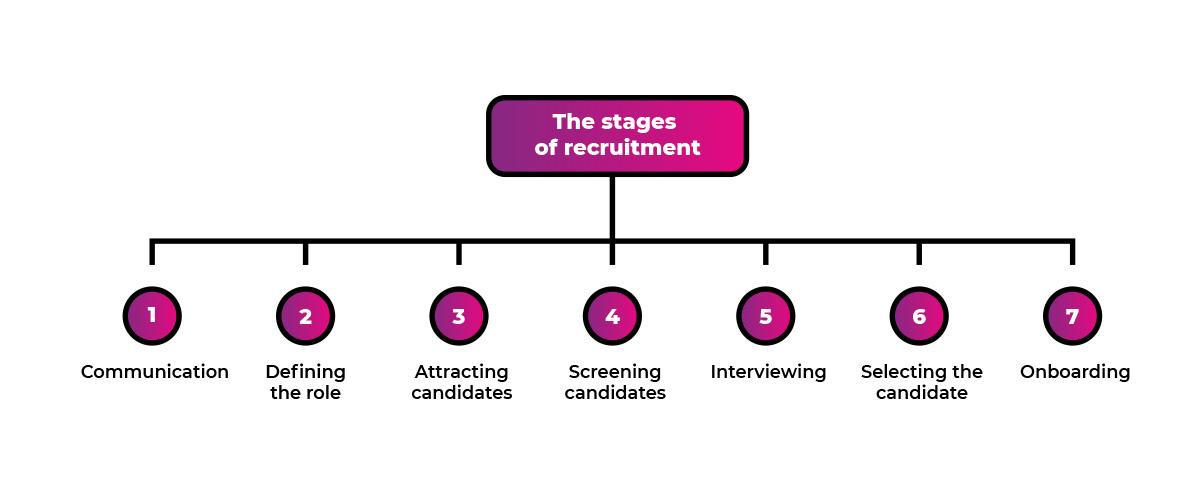
Identifying a need
The recruitment process is started when a need is identified. Traditionally, this is when an employee leaves an existing position either due to internal promotion or due to leaving the company entirely. Alternatively, it may be when a line manager realises there’s a gap or skills shortage in their team, or when the company expands.
It’s also worth asking if there is a genuine need for a new position. Sometimes responsibilities can be divvied out to other team members, and sometimes a little extra training is all that’s needed. A recruitment BP will be able to partner with a hiring manager to discuss this in detail. Some managers want to hire like for like, and that simply doesn’t reflect the current market.
Defining the role
Once you’ve identified a need, you need to figure out a job description that adequately covers those needs, and any other responsibilities the identification stage may have flagged up.
If you’re hiring for an existing role, you’ll need to make sure it matches the current needs of the business. The position may have evolved significantly, so don’t use previous job adverts.
Make sure that you can summarise the role in clear and accurate terms, with bias free language. This will help get the right candidates for the job.
Attracting candidates
You may already have a strong recruitment pipeline in place, as well as a reputation as a good employer.
There is a huge range of sources of candidates, from internal recruitment to LinkedIn to employee referral schemes. We go into more detail in the next section of this guide, so if you’re struggling to attract candidates, it might be worth looking into new options.
It’s worth keeping an eye on what competing companies are offering their candidates, and if you can match these offers. Benchmarking and competitor research should be done as early as possible, as it will guide your approach.
Screening candidates
Once you’ve started advertising the vacancy in your various pipelines and job boards, you should start seeing applications come in. But 42% of the resumes received by HR managers are from candidates that don’t meet the qualifications.
Screening ensures that those CVs don’t clog up the rest of your process. A thorough screening call can save a lot of time for your hiring managers and ensure completely unsuitable candidates don’t progress too far. It can also help inform your interview questions, as you’ll have a stronger idea of what each candidate brings to the table.
Interviewing
The interview is the most critical stage of the recruitment process. It’s where you will really get to know a candidate, and they’ll have an opportunity to get to know you.
In addition to simply letting you get a better understanding of the skills and experience a candidate is bringing to the table, interviews are also a chance to get to know a candidate’s personality, as well as to define the position and your company expectations further.
Selecting the right candidate
At this point, you’ll want to consolidate all the available information you have about each candidate and evaluate it according to the needs and definition you selected earlier in the process. From there, you can make an offer to the right candidate.
You’ll want to handle this and reach out to the successful candidate as soon as possible. Giving feedback at every stage of the recruitment process through clear and transparent communication will ensure you give a great impression, no matter who is successful.
Onboarding
Recruitment doesn’t stop after you’ve made an offer to a candidate. It also extends into their onboarding. Organisations with a solid onboarding process have better staff retention rates of up to 82%.
Likewise, up to 50% of candidates who resign will receive a counter offer,
This is where talent management tools are vital, as they enable any new hire to enjoy a smoother integration into the organisation.
What are the different types of recruitment?
As mentioned earlier, there are several different ways to find new candidates, and not all of them fall under the traditional external recruiting umbrella.
External recruiting
If you’re thinking about recruitment, this is probably where your mind defaults to. In the past, this was done through newspaper listings, but nowadays it involves reaching out through LinkedIn, commercial job boards, and placing adverts on your own company websites.
External recruiting services
Sometimes known as outsourced recruitment, this is where you hire an external company (traditionally a recruitment agency or consultant) who will find, screen and shortlist candidates for you. This is useful if you don’t have the resources for a dedicated team.
Internal recruiting
Offering opportunities for development is key to improving your employee experience, so advertising new job openings internally is a great way to find candidates to fill a skills gap, while also ensuring every employee is making the best use of their skill set. It’s also a lot more cost effective!
Staffing/temporary recruiting
Temporary staff are ideal for crunch periods where you’re suddenly lacking in key staff. The traditional office temp is focused on admin, but temporary recruitment agencies can find a range of staff to suit your needs.
Employee referrals
If you create a positive company culture, you can expect your employees to start recommending their friends and peers from older positions come join them. Referral reward schemes can be a way to push this method forward.
Outplacement recruiting
Outplacement refers to the practice of offering employees that have been made redundant support in finding their next job.
Student/graduate recruiting
They may not have years of experience, but students and graduates can easily be trained up to suit your needs. Reaching out to local universities and colleges to offer work experience or graduate schemes will help maintain this pipeline.
What are some recruitment best practices?
Whatever stage of the recruitment process you’re working at, there are several ‘best practice’ policies you should always refer to. This will help guide all your decisions.
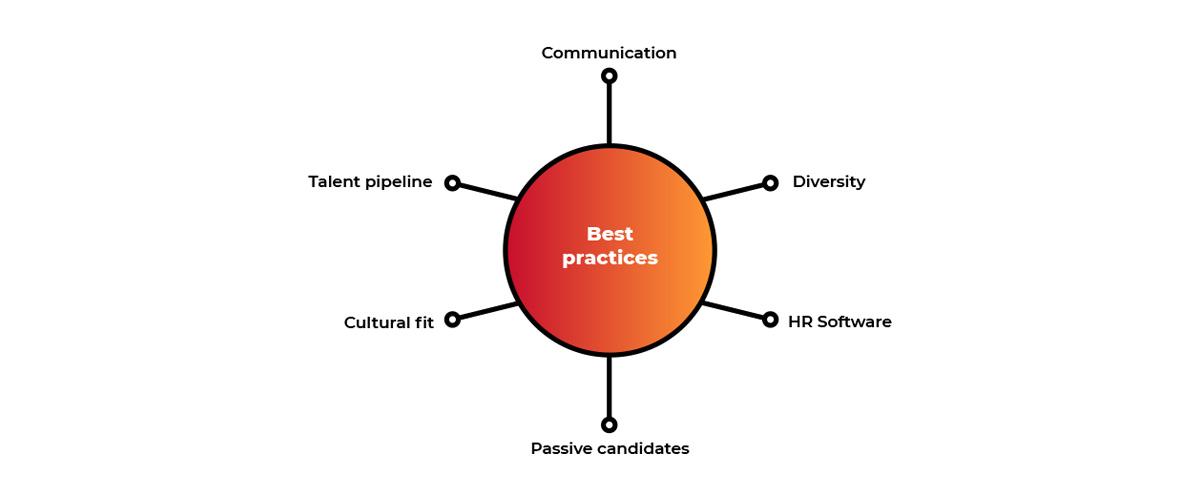
Communication
You won’t be able to respond to every single candidate that sends in their CV, but you should make a point to keep in touch the candidates that progress further down the pipeline. Let them know what they can expect from each stage of the process and any preparation you feel they should do. If you decide they’re not the right fit, let them know why in good time.
Diversity
Recruitment as a practice has a lot of areas where unconscious bias can creep in. For example, some job descriptions are often rife with biased language that can put candidates off applying.
Roughly a third of organisations are trying to recruit more diverse candidates, so looking for new, neglected areas of recruitment can help you source great talent.
HR software
Approximately 80% of companies say their use of recruitment technology has increased as a direct result of the coronavirus pandemic. While this trend was a result of necessity, these same organisations are reporting that using technology has improved the candidate experience significantly and sped up the recruitment process too.
Passive candidates
Passive candidates are someone you might consider for position due to having desirable skills and experience, but who aren’t actively seeking a new position. Typically, they are content with their current role, so you’ll need to offer significant benefits.
You’ll need to have someone reach out to them directly, often through LinkedIn, but you shouldn’t neglect them as a potential option.
Cultural fit
An employee that feels connected to your company culture is much more likely to stick around. Remember, culture fit isn’t about whether you personally like a candidate. It’s whether they suit your company culture, which should be available for anyone to read somewhere accessible on your website.
Talent pipeline
A talent pipeline is a collection of passive candidates who could fill future roles in your company. Having a good pipeline will reduce your time to hire. It’s ideal for high turnover roles (such as sales positions) as well as roles that will cost the company a lot if there’s an extended period of absence (such as an executive roles).
Enhance your recruitment process with MHR
MHR offers a range of recruitment tools to create a more seamless recruitment process. This can reduce your time and cost to hire, adding a huge amount of value to your business for years to come.
People First is ideal for creating a centralised location that will massively reduce your recruitment administration, both for external recruitment as well as supporting internal recruitment.



